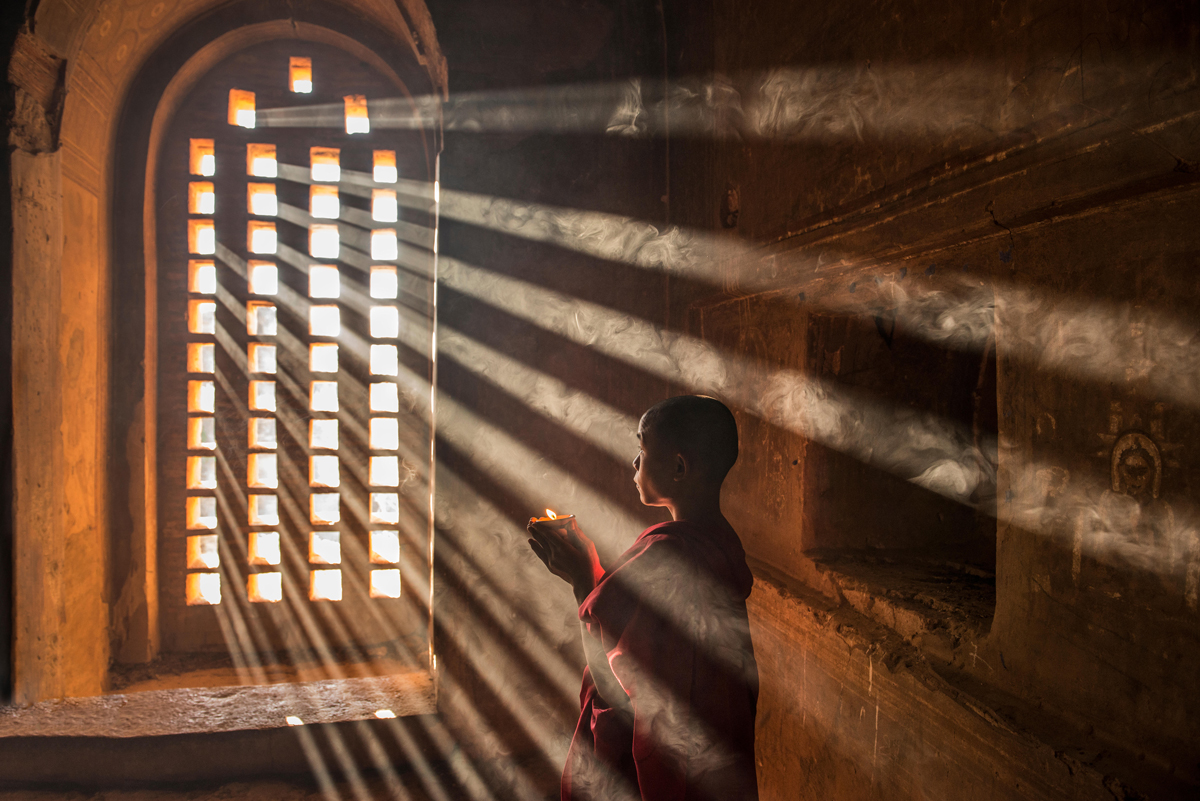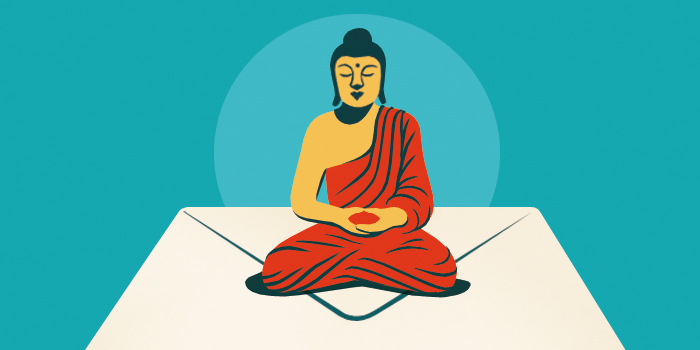Is faith important in Buddhism?

Dr. Gilad Fiskus / Alamy Stock Photo
One of the aspects of Buddhism that many people appreciate is how the Buddha encouraged his followers to test out his teaching for themselves—not to rely exclusively on what he told them or to put blind faith in a teacher or tenet. One popular Buddha quote, from Santaraksita’s Tattvasamgraha, goes: “O monks, just as a goldsmith tests gold by rubbing, burning, and cutting before buying it, so too, you should examine my words before accepting them, and not just out of respect for me.” And Buddhism does not encourage faith in any particular belief, either.
But that doesn’t mean faith isn’t an important feature of Buddhism. In fact, it’s through a personal experience of the truth of what the Buddha taught that practitioners develop faith—meaning trust or confidence—in his path of practice and their own potential for enlightenment. He also encouraged practitioners to put their faith in arhats, or his most accomplished disciples.
Like most elements of Buddhist practice, the role of faith has been interpreted and emphasized differently across time and geography. But nearly all Buddhist schools practice an expression of faith known as “taking refuge” in the Buddha, his teaching (the dharma), and the community of disciples or monastics (the sangha). Many Buddhists recite daily the pledge with which they first joined the Buddha’s path, meaning they express their ongoing commitment to the path and aspire to be guided by the example and wisdom inherent in the Buddha, dharma, and sangha.
In Mahayana Buddhism, faith became more broadly interpreted. In Tibetan Buddhism, for instance, in addition to faith in the three jewels, practitioners may refer to their trust in bodhisattvas and deities to support them on the path. In the East Asian tradition known as Pure Land Buddhism, devotees express faith in the Buddha Amitabha, the Buddha of Infinite Light, and other so-called celestial buddhas. And in Zen and Chan Buddhism, faith, or confidence, in one’s ability to become enlightened is considered to be one of the “three essentials” of practice, alongside doubt—that is, persistent and deep examination—and resolve, or determination.

Tricycle is more than a magazine
Gain access to the best in sprititual film, our growing collection of e-books, and monthly talks, plus our 25-year archive
Subscribe now